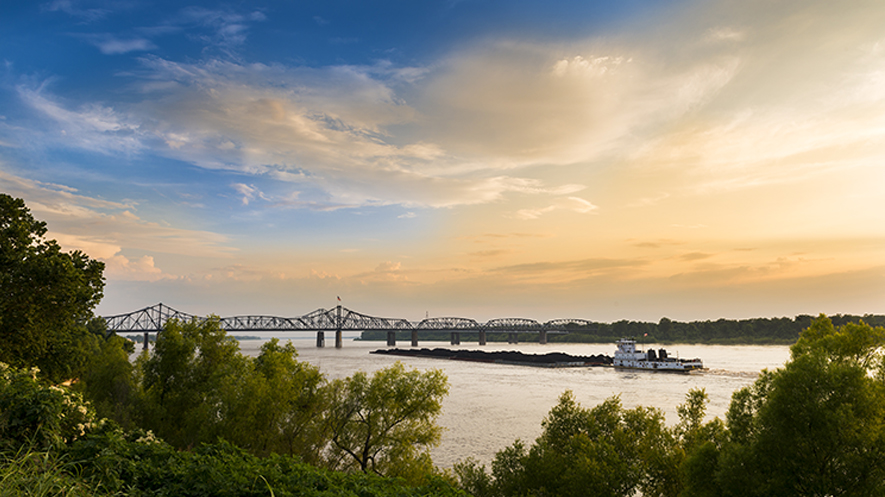Projects in six Louisiana coastal parishes have been approved by the Gulf Coast Ecosystem Restoration Council (RESTORE Council) to receive a total of $20 million in matching funds through the Louisiana Coastal Protection and Restoration Authority (CPRA) Parish Matching Opportunities Program.
CPRA has chosen to use a portion of its Spill Impact Component funds under the Resources and Ecosystems Sustainability, Tourist Opportunities, and Revived Economies of the Gulf Coast States Act (RESTORE Act) to create an incentive program to partner with local parishes to make needed local projects achievable. The parishes will put up a total of $6.1 million as their RESTORE matching portion.
Approval for the CPRA to share a portion of its funding for the selected eligible projects has been given by the RESTORE Council after reviewing the CPRA-Parish Matching Program Amendment to the State’s First Amended RESTORE Plan. The approved projects contained in the approved Parish Matching Amendment are:
- Cameron Parish – Construction, Rockefeller Shoreline Stabilization ($6.67 million)
- Lafourche Parish – Engineering and Design, Grand Bayou Freshwater Reintroduction ($412,722)
- St. Bernard Parish – Construction, Lake Lery Marsh Creation ($2.78 million)
- St. Charles Parish – Construction, Paradis Canal Gate ($2.54 million);
- Tangipahoa Parish – Engineering, Design and Construction, Manchac Landbridge Shoreline Protection ($3 million)
- Vermilion Parish – Engineering, Design and Construction, Freshwater Bayou Canal Shoreline Protection ($4.59 million)
To participate in this program, an eligible parish had to dedicate some of its Direct Component RESTORE funds towards a project proposed for the matching program and agree to include the project in its parish RESTORE Act Direct Component Multiyear Implementation Plan.
“This program serves as an excellent model for how to partner at the state and local level to leverage funding in order to get projects on the ground,” said Johnny Bradberry, Chairman of the CPRA Board.
Project selection was based on criteria listed in the State’s First Amended RESTORE Plan, taking into account various factors including: consistency with the Coastal Master Plan; the ability to restore and protect habitats or the ability to reduce economic losses from storm surge; the relative merits of the project including scope of project benefits; synergy with other integrated coastal protection and restoration efforts; feasibility and/or constructability; and the funds made available by the parish for the proposed activity. These projects were subject to a 45-day public comment period.
CPRA considered all meaningful input from the public, including broad-based participation from individuals, businesses, Indian tribes, and non-profit organizations. Additional rounds of funding will be announced in the future.
“CPRA has elected to allocate up to $100 million of its Spill Impact Component funds to the Parish Matching Program over a 15-year period,” said CPRA Executive Director Michael Ellis. “With this additional funding in hand, parishes can move forward with eligible projects sooner rather than later, and for all of us, time is a priority.”
Ellis said this program will nearly double the total amount of funds parishes receive during the 15-year payout under the Direct Component of the RESTORE Act.





